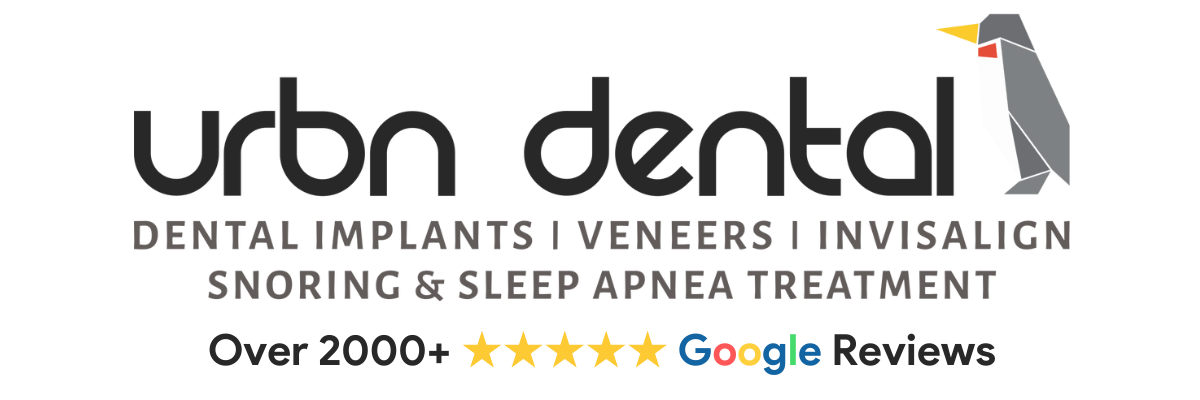
When a dental emergency hits, it often comes out of nowhere. A cracked tooth during dinner, sudden swelling near a wisdom tooth, or a toothache that keeps you awake all night—it can be stressful and painful. In those moments, you need quick and reliable help, not hours of searching for where to go. That’s why having Spring Branch Dental Care nearby matters so much.
This guide will walk you through common dental emergencies, what you can expect when you visit, and why having a trusted clinic in your neighborhood can make all the difference.
Why Quick Action Matters in a Dental Emergency
A dental emergency is not something to ignore. Even if the pain comes and goes, waiting too long can make things worse. Problems like infection, broken teeth, or injuries to the gums can sometimes spread or become more complicated if left untreated.
Many patients find that acting quickly not only relieves discomfort but also helps save their natural tooth whenever possible. That’s why having a Dentist Near Me is so valuable—you don’t waste precious time driving across town when every hour counts.
Common Dental Emergencies and What to Do
Here are some of the situations that bring people into Spring Branch Dental Care most often:
1. Toothaches
A throbbing toothache can keep you from eating, sleeping, or concentrating. Tooth pain is often a sign that something deeper is going on, such as decay, infection, or a damaged nerve. While over-the-counter medication may take the edge off, it usually won’t solve the underlying cause.
2. Broken or Chipped Tooth
Biting into something hard or suffering a fall can crack or chip a tooth. Sometimes it’s only a cosmetic issue, but other times it exposes the sensitive inside of the tooth. Quick treatment can protect the tooth from further damage.
3. Knocked-Out Tooth
This is one of the true dental emergencies. If handled quickly, a dentist may be able to reinsert the tooth. Keeping the tooth moist in milk or a saline solution while heading to the office may help improve the chances of saving it.
4. Gum or Wisdom Tooth Infections
Wisdom teeth can cause unexpected trouble, especially if they don’t erupt properly. This can lead to swelling, soreness, or infection. Many patients ask about pericoronitis how long does it last—a condition linked to partially erupted wisdom teeth. Symptoms may linger if left untreated, which is why seeing a dentist promptly is important.
5. Lost Fillings or Crowns
While it may not sound as urgent as a broken tooth, a missing filling or crown can expose sensitive tooth structures, making everyday activities uncomfortable. A dentist can replace or restore the filling to protect your tooth.
What to Expect During an Emergency Dental Visit
Walking into a dental office in pain can feel overwhelming, but knowing what to expect can ease some of that stress.
At Spring Branch Dental Care, the team typically begins with an exam and X-rays, if needed, to identify the cause of the problem. From there, treatment may include cleaning out infection, repairing or stabilizing a tooth, or providing temporary relief until a full treatment can be scheduled.
Many patients find comfort in knowing that even small steps—like smoothing a sharp edge on a chipped tooth—can make daily life much easier while waiting for permanent treatment.
Why Choose Spring Branch Dental Care?
Convenience is key in an emergency. When you’re in pain, driving across the city or waiting weeks for an appointment just isn’t an option. With Spring Branch Dental Care, you’re close to home, with a team ready to provide fast, compassionate treatment.
The clinic also emphasizes personalized care. Not every dental emergency looks the same, and what works for one patient may not be right for another. By tailoring treatment to each situation, patients often leave with relief and a plan for long-term care.
The Value of Having a Trusted Dentist Near You
We all search for a Dentist Near Me at some point, usually when things get urgent. But establishing a relationship with a local dentist before an emergency strikes can make everything easier. You’ll already know where to go, who to see, and what kind of care to expect.
It also means your dentist will already be familiar with your dental history, which can help them make faster and more accurate decisions during an urgent visit.
Preventing Future Emergencies
While you can’t plan for every situation, there are steps that can reduce the chance of emergencies:
-
Regular checkups help catch small issues before they turn into big problems.
-
Wearing a mouthguard during sports can protect teeth from injury.
-
Avoiding very hard foods or chewing ice may reduce the risk of cracks or chips.
And of course, regular cleanings can help keep gums and teeth healthy. If you’ve ever searched Dental Emergency Near Me, you know how reassuring it feels to have care close by. Preventive visits reduce the odds of needing that urgent appointment in the first place.
Final Thoughts
Dental emergencies can be stressful, but knowing where to go makes all the difference. With Spring Branch Dental Care, you have trusted professionals right in your neighborhood who can help when you need it most. Whether it’s a chipped tooth, wisdom tooth trouble, or a sudden toothache, quick and compassionate care is just around the corner.
FAQ: Dental Emergency in Spring Branch
Q: What should I do if I knock out a tooth?
A: Try to gently place the tooth back in the socket if possible. If not, keep it moist in milk or saline and see a dentist right away.
Q: Can a toothache go away on its own?
A: Some toothaches may ease for a short time, but the underlying cause usually doesn’t resolve without treatment. Seeing a dentist is the best way to prevent the issue from getting worse.
Q: How do I know if I need an emergency dentist or if it can wait?
A: If you’re in significant pain, have swelling, bleeding, or a knocked-out tooth, it’s best to treat it as an emergency. If you’re unsure, call your dentist—they can guide you on whether to come in right away.
Q: Is pericoronitis serious?
A: It can cause discomfort, swelling, and infection around wisdom teeth. Some cases may resolve with care at home, but many require a dentist’s evaluation to prevent worsening symptoms.
Q: Can I prevent dental emergencies?
A: Not all emergencies are avoidable, but routine checkups, good oral hygiene, and protective gear during sports can reduce your risk.

